Sudan

Sudan: How imperialism fuels war and mass violence
Jonathan Lefèvre and Tony Busselen examine how Sudan’s civil war is rooted in imperial exploitation, foreign interference, and competing regional powers.

Counterrevolution, gold, and global impunity: The UAE’s subimperialism in Sudan
Husam Mahjoub — Sudan today is not only a battlefield between two militarized factions. It is a graveyard of regional and international hypocrisy and a case study in subimperialism.
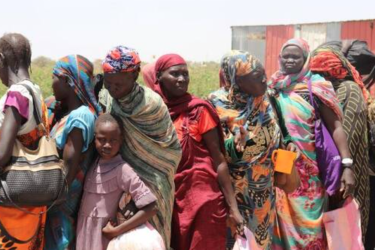
The structural roots of Sudan’s ongoing devastation
Muzan Alneel — The brutality of the current war in Sudan is the result of decades of conflict and repression.

The struggle for Sudan: A primer
Khalid Mustafa Medani — The current protracted conflict in Sudan is threatening the very foundation of the Sudanese state and hence the stability of the Sahel and the Horn of Africa.
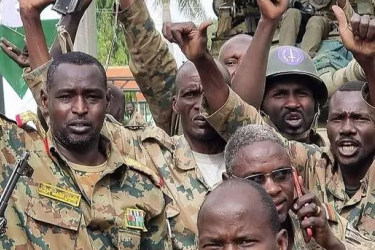
Sudan: More than a domestic conflict
Saskia Jaschek — It is impossible to understand the war in Sudan without accounting for the regional and international interests involved.
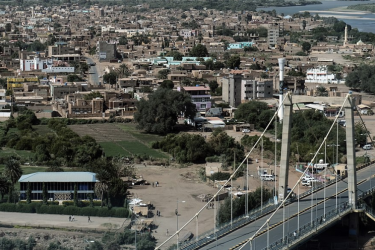
Sudan's tragedy: Could it happen elsewhere?
Namaa Al-Mahdi — The new commodity that the world powers are interested in is human-free land, to enable exploitation and expansion of neo-colonial interests. This is what is happening in Sudan.
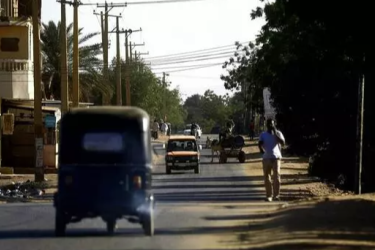
Sudan’s revolutionary path against war
Muzan Alneel — While the generals lay waste to Khartoum, the Sudanese people are organizing a new way of life.
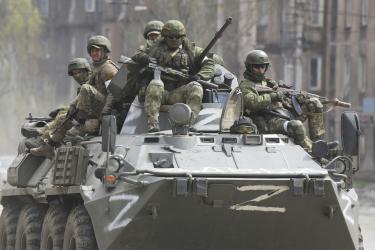
Russian imperialism and the invasion of Ukraine
Chris Slee responds to "Setting the record straight: Ukraine, Russia & imperialism", outlining the increasingly evident imperialist role Russia plays in the world today and argues that a defeat for Putin would create opportunities for the Russian left.
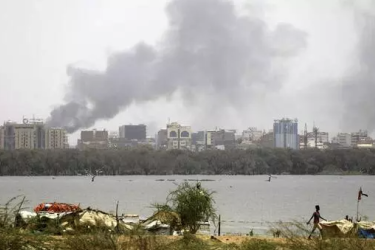
In Sudan, the revolution is caught in the crossfire
Andreas Bohne interviews Sara Abbas — Four years after the overthrow of Islamist autocrat Omar al-Bashir by a mass movement and 18 months after a military coup, the country appears to be on the verge of a civil war.


